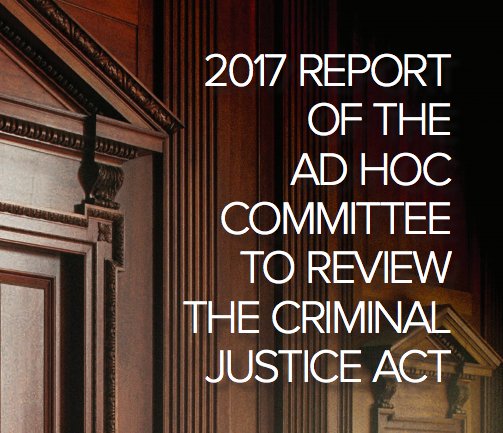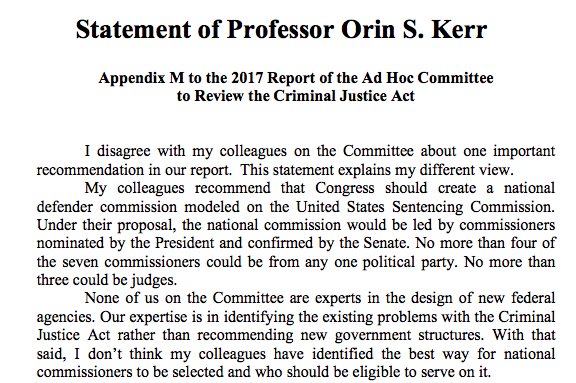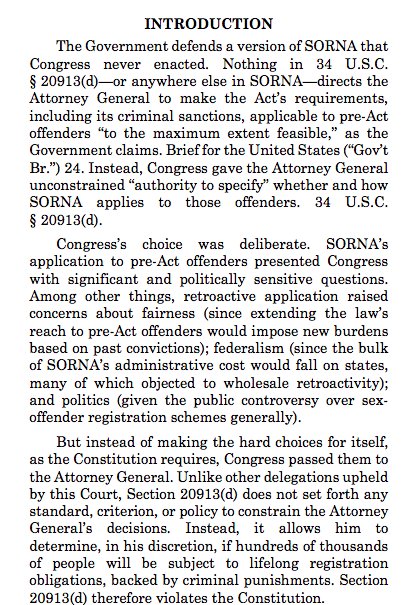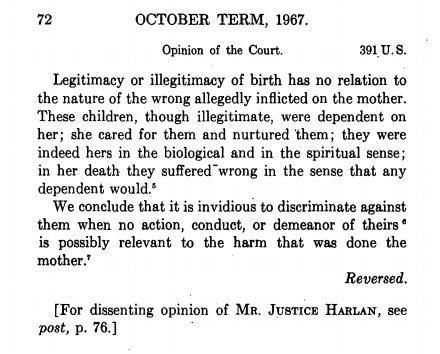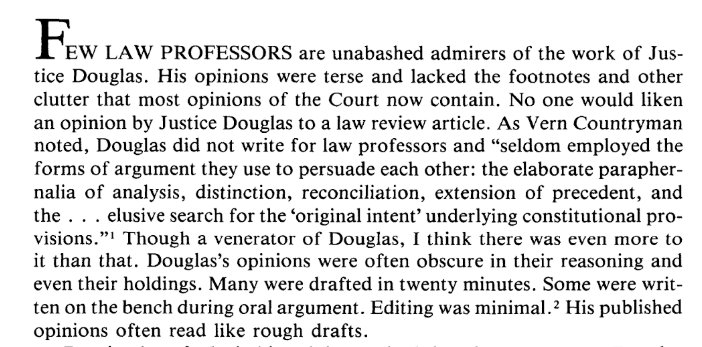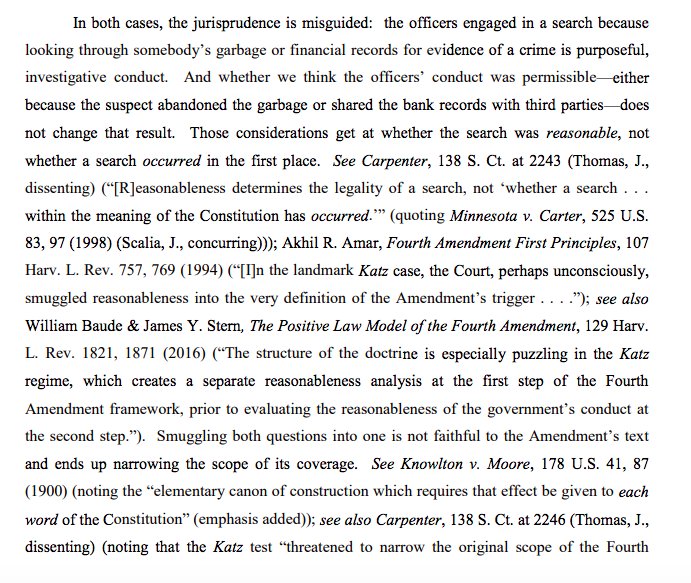There has been a lot of attention in the law prof world recently to citation rankings, mostly b/c of @BrianLeiter's posting the latest Sisk numbers. I have two very small thoughts about what these numbers mean/don't mean. /1
1st, I think of citation rankings as mostly useful to learn of people in your field whose work may be worth checking out. It's not a ranking of quality, but just of mentions. Esp if you're new to the field, can help at the margins to see what ideas are being discussed. /2
2nd, it would be interesting, and maybe helpful, if the Sisk #s came with an additional # of how many of the scholar's papers are in the database. On the whole, more papers = more papers to cite = more citations. Depending on what you see rankings as for, citations/paper # /3
may be more important than overall citations. But you can't see that in the Sisk #s. Finally, like a lot of people, I'm troubled by the gender/race patterns in citations. I'm not sure of the set of reasons for it. I wonder, though, if there are now enough Sisk rankings /4
to see if/how those trends are changing over time. Not sure if anyone has done a comparison of 2018 to earlier rankings on that score, but it would be useful if someone has. (Oops, said I would make 2 small points, made 3. sorry.) /5
• • •
Missing some Tweet in this thread? You can try to
force a refresh


